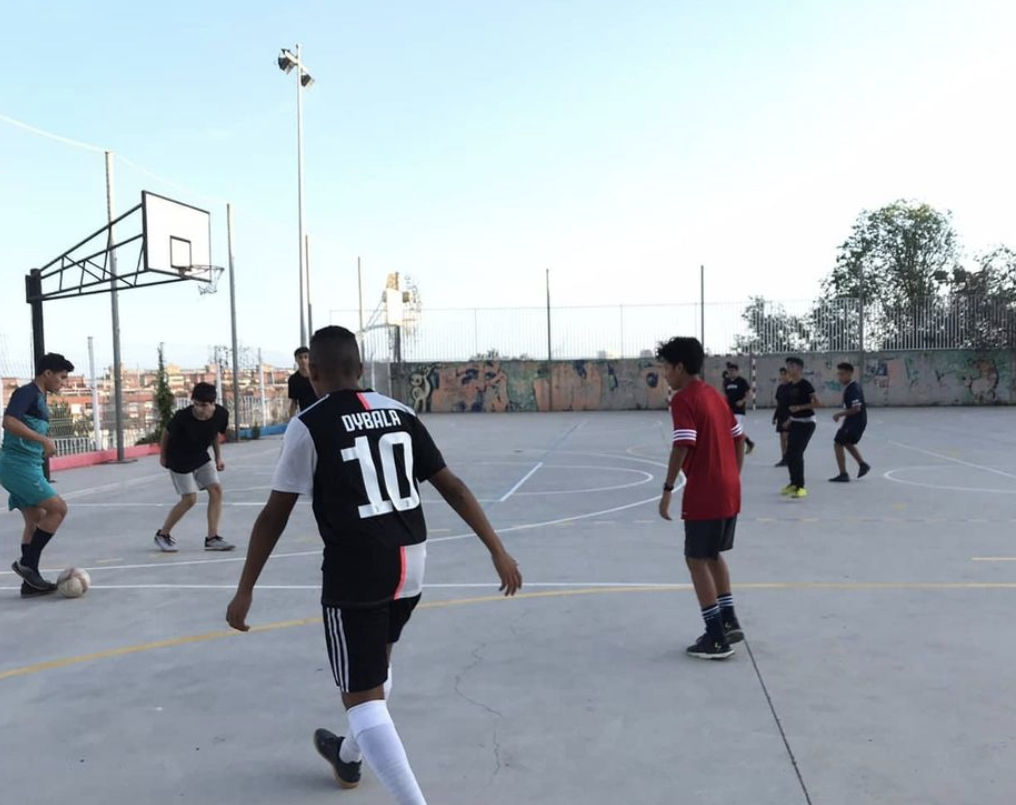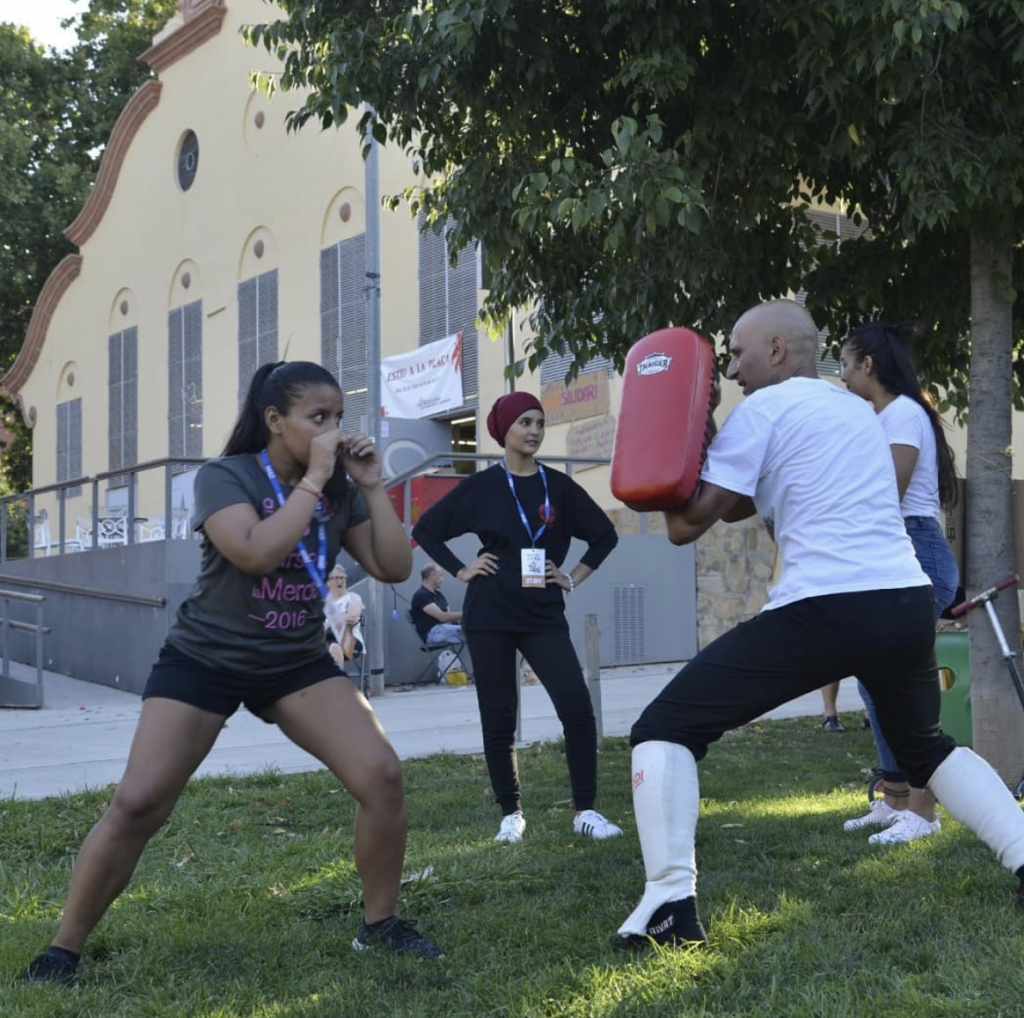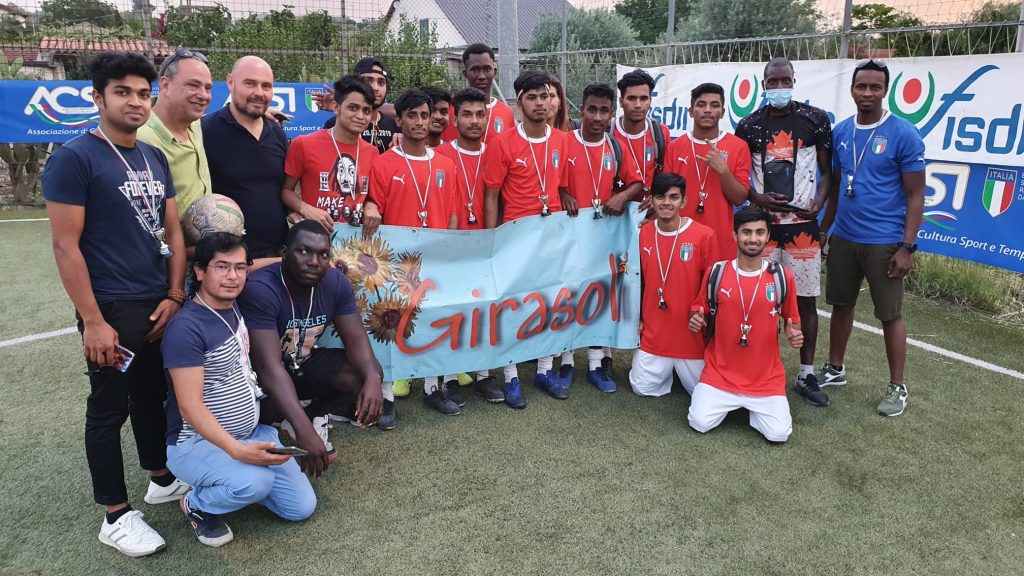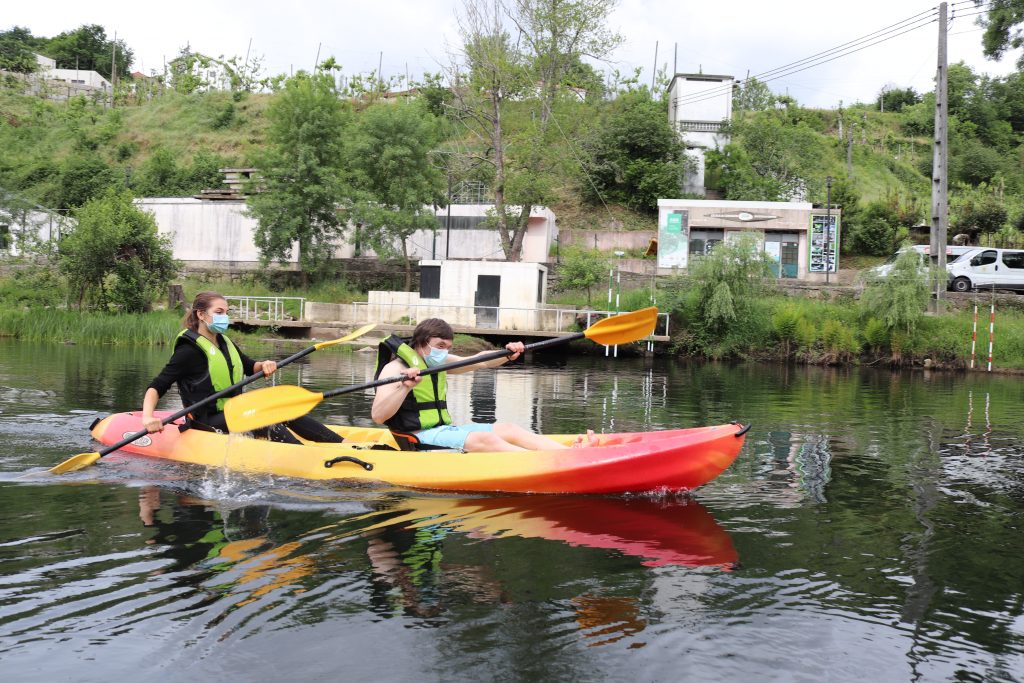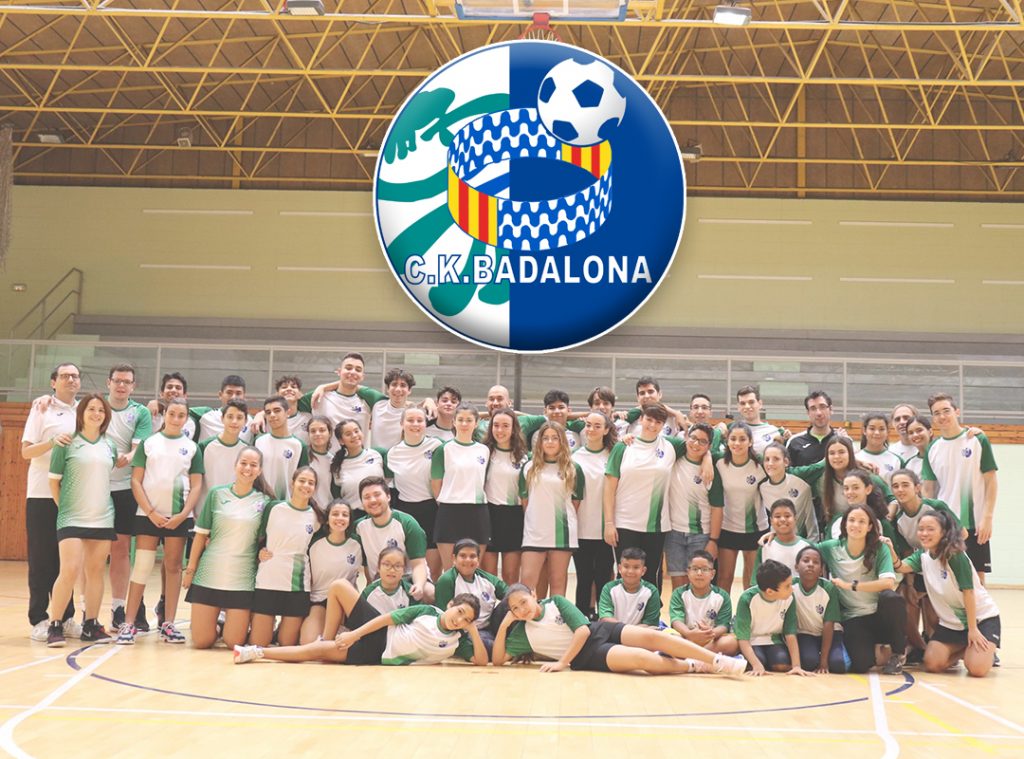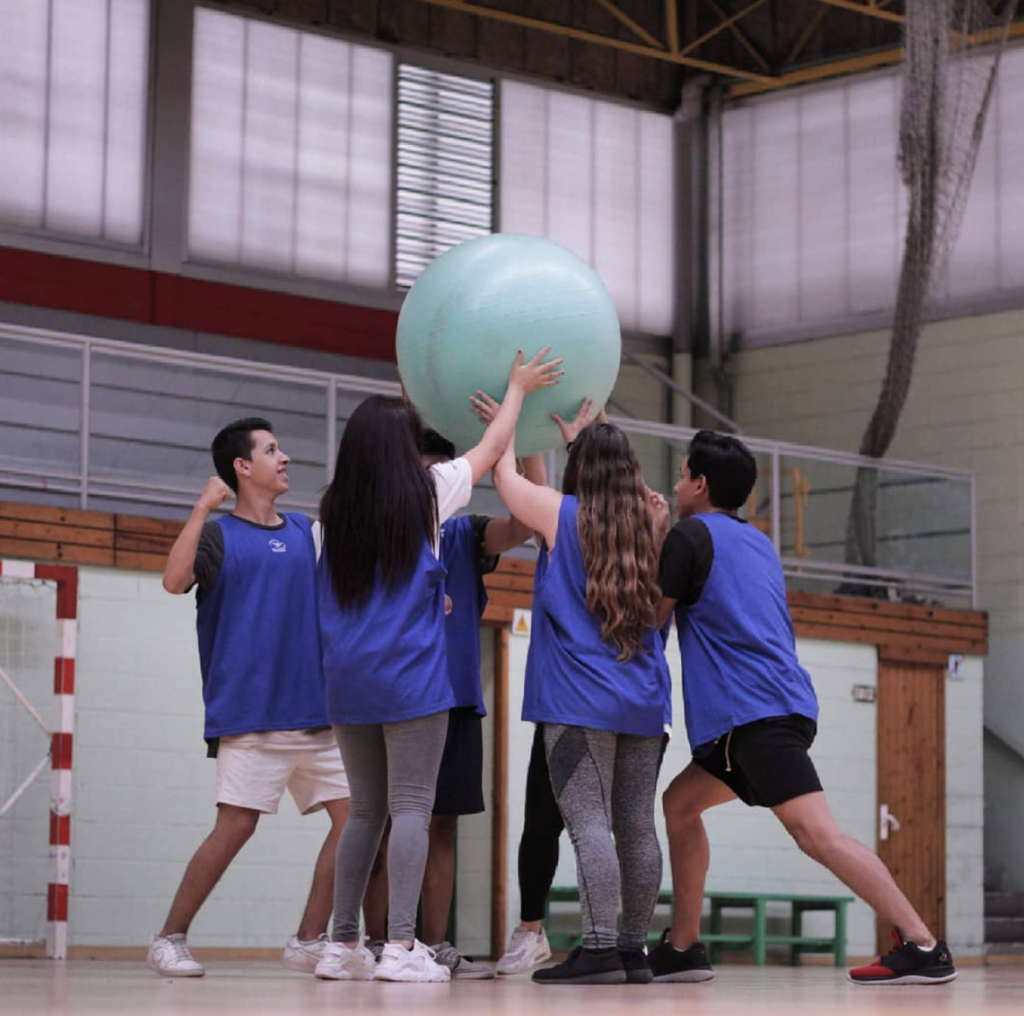
Since 2015, from September 23 to 30, the European Sports Week has been held, with the main objective of highlighting the physical and social benefits of physical exercise, and thus promoting its practice among European citizens. This week is full of a wide variety of activities and events organized by member states and partners, regional and local entities, sports associations, educational centers, universities, companies and work centers. All of them to highlight and promote the role of sport in the daily life of citizens, who will find numerous benefits if they come to incorporate it as a habit of life.
Since it was the European Parliament and the European Commission who decreed this European week of sport, from the Erasmus + and Erasmus + Sport programs, projects that include sport among their axes are supported, as well as entities that use it throughout the year on your local schedules. An example of this is the WINS project and the entities that drive it.
This project consists of a training in which its participants will work on sports-themed content, specifically on how to use it as an educational and social inclusion tool. In addition, they will relate it to non-formal education, working on how to combine both concepts so that the proposed action is much more beneficial for the users of the entities.
The characteristics that a good sports promoter must have, gender equality, cultural diversity in sport, how to organize a sporting event or work sport with people with functional diversity, are some of the concepts that will be worked on throughout this initiative, with a duration of 9 months of online course, in addition to two one-week face-to-face meetings, one in Spain and the other in Portugal.
The WINS project is a proposal prepared by the La Rotllana Association, an entity located in the city of Badalona. In turn, it has the partnership of three other entities for the development of the initiative, such as the Korfbal Badalona Club (Spain), Aventura Marao Clube (Portugal) and Informagiovani (Italy). All of them are entities that develop interesting sports projects in their respective environments, in order to help their participants in their social inclusion, as well as for the transmission of values such as teamwork, equal opportunities or solidarity, among many others.
Examples of this are projects such as the neighborhood league, of the Rotllana Association, which uses football to work values in disadvantaged neighborhoods. The korfbal socio-sports school of the Korfbal Badalona Club, promotes this mixed and cooperative sport among youth, combining it with other types of non-sports activities. Informagiovani, promotes projects such as the exchange recently carried out in Greece, called “Sport on game”, in which social inclusion was worked with people with functional diversity through sport, among many other things. For its part, Aventura Marao Clube, develops a large number of sports activities, with the addition that most of them are in contact with nature.
It is positive in the European week of sport, to value the role of these entities, in order to give visibility to their social action, which also show us a clear example of how sports activities can be of great benefit to people’s lives at a social, competence and health level.
